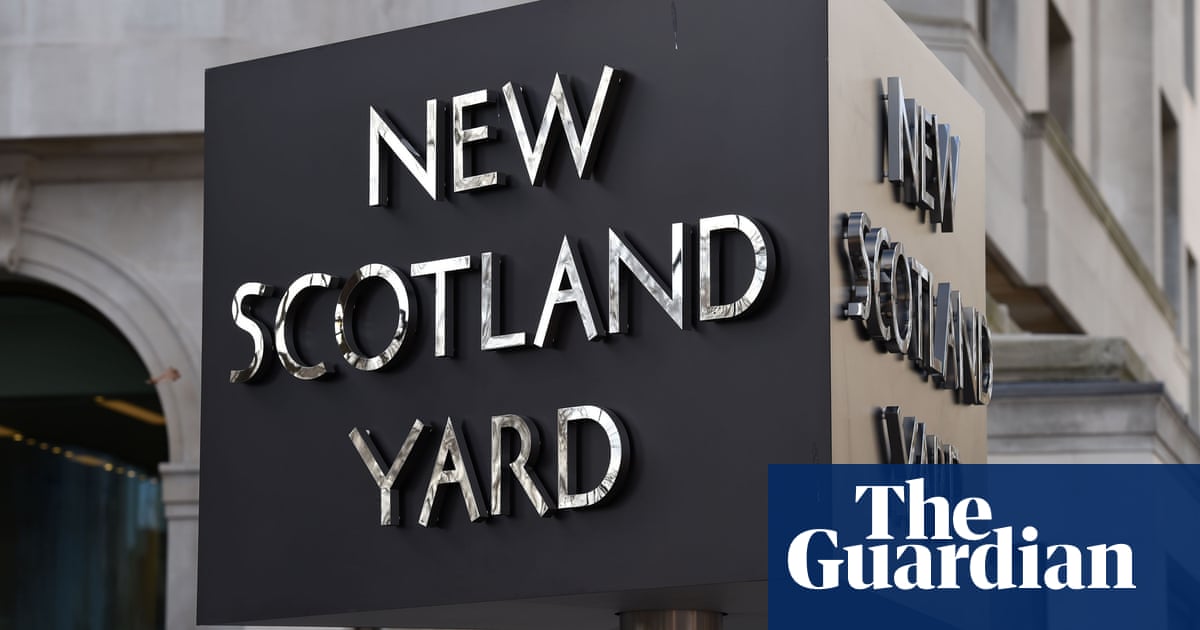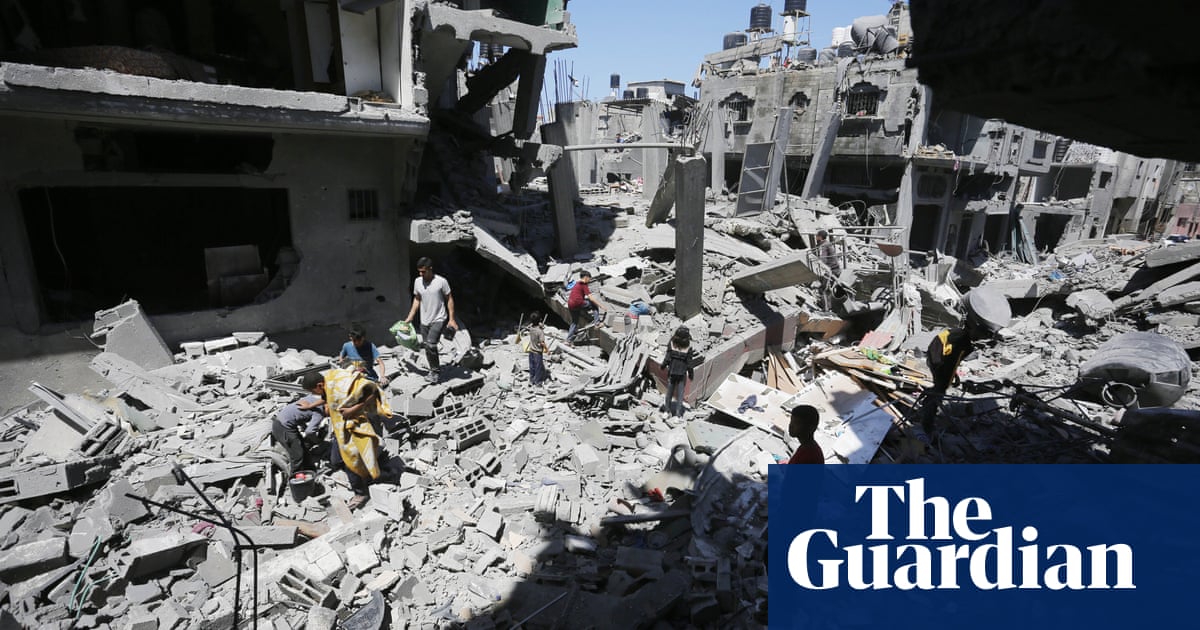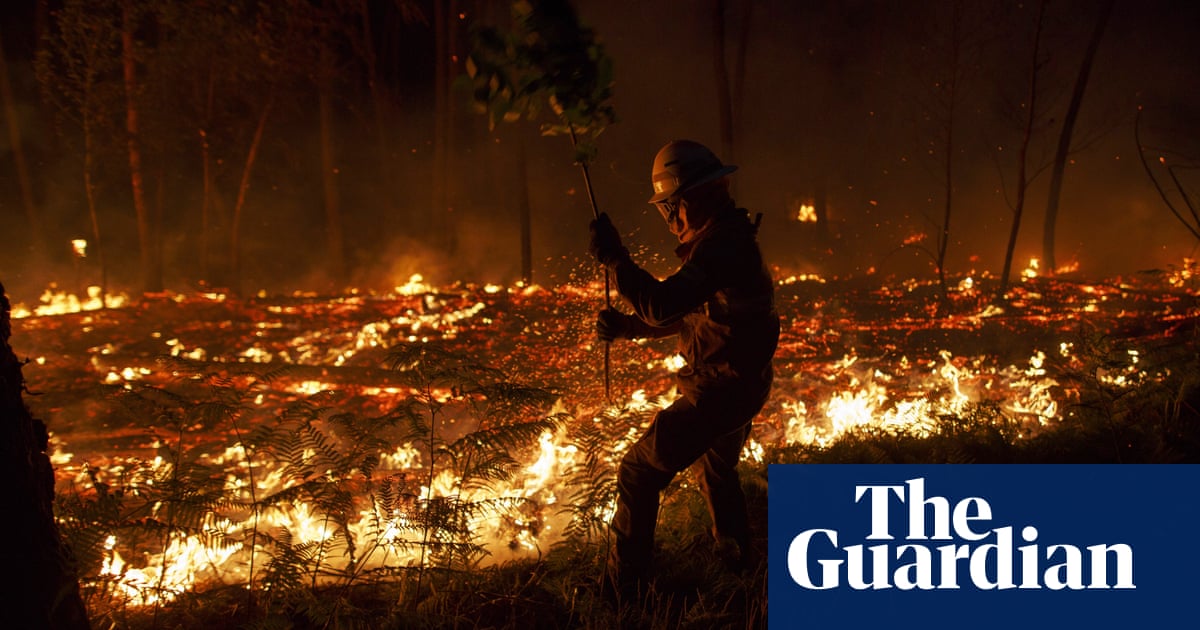
The retired high court judge Lady Heather Hallett is to take over the inquest of Dawn Sturgess, who died in the Wiltshire novichok poisonings, the Guardian has learned.
Hallett will preside over what will be a high-profile and politically sensitive hearing after Sturgess’s family successfully challenged the way a local coroner had planned to limit the scope of the inquest.
Now a crossbench life peer, Hallett was a senior judge in the court of appeal and sat as a coroner at the inquests into the deaths of the 52 victims of the 7 July 2005 London bombings.
High court judges are occasionally assigned to particularly contentious inquests, notably Lord Justice Scott Baker, who conducted the Princess Diana inquest.
It is understood a lawyer working alongside her will be Martin Smith, who is currently solicitor to the independent inquiry into child sexual abuse and was involved in the Alexander Litvinenko inquest. Litvinenko was a former Russian spy who, according to a UK public inquiry, was probably murdered in London on the personal orders of Vladimir Putin.
A pre-inquest review hearing will take place on 30 March where submissions will be heard by Hallett at the Royal Courts of Justice in London. There is no date for the full inquest.
The former Russian spy Sergei Skripal was the target of the initial novichok attack in Salisbury on 4 March 2018. He, his daughter, Yulia, and a police officer, DS Nick Bailey, were poisoned but survived.
In June 2018, Sturgess, a 44-year-old mother of three, and her partner, Charlie Rowley, were poisoned in Amesbury, eight miles north of Salisbury, after he found a fake perfume bottle containing novichok. Rowley recovered but Sturgess died on 8 July.
The following year the senior Wiltshire and Swindon coroner, David Ridley, said as part of the inquest he would consider the actions of the Russians Anatoliy Chepiga and Alexander Mishkin. They were allegedly the agents on the ground, working under the aliases Ruslan Boshirov and Alexander Petrov respectively, who carried out the attack on Skripal.
Ridley maintained Sturgess’s death was too remote from the attempted murder of Skripal to allow the scope of her inquest to widen to look at elements such as the possible role of Moscow.
Sturgess’s family launched a judicial review, with their lawyers arguing it was “inconceivable” that Chepiga and Mishkin operated in “a bubble”, and claiming the operation must have been authorised by the Russian state – possibly right up to Putin.
The legal team also said the bottle of nerve agent may have been deliberately left behind as part of a campaign to undermine security in the UK.
After the two-day judicial review two high court judges quashed the coroner’s ruling, saying: “There is acute and obvious public concern not merely at the prima-facie evidence that an attempt was made on British soil by Russian agents to assassinate Mr Skripal and that it led to the death of Ms Sturgess, but also at the fact that it involved the use of a prohibited nerve agent exposing the population of Salisbury and Amesbury to lethal risk.
“There has been, and (to be realistic) there will be, no criminal trial in which the details of how this appalling event came to occur can be publicly examined.”
Their ruling was sent to the coroner in July last year. Since then there has been no public statements about the case. Sources with knowledge of the proceedings have told the Guardian that Hallett will oversee it. No date for the inquest has been revealed.












